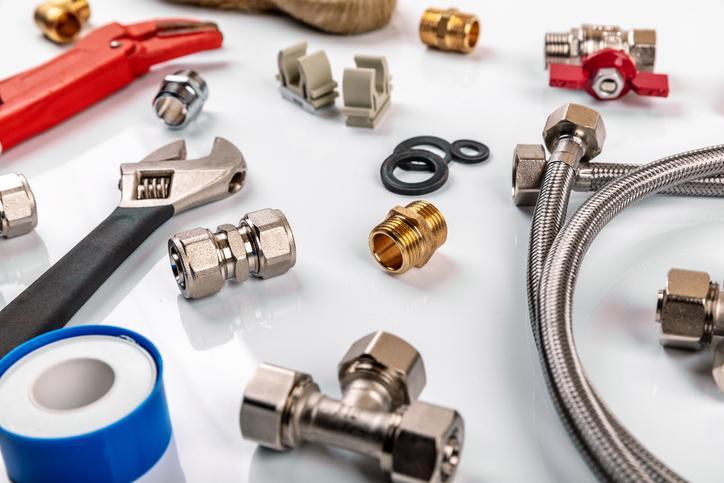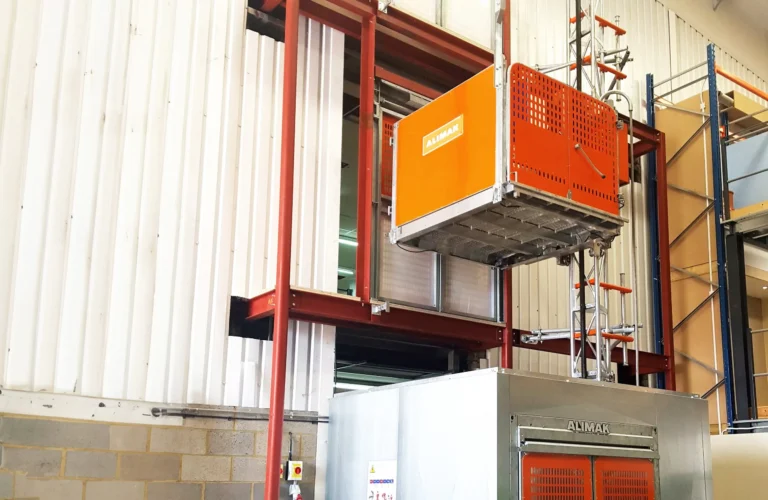Understanding the Differences Between Commercial and Residential Plumbing
Plumbing systems are essential for both homes and businesses, but the needs and challenges they address can vary significantly. Understanding the differences between commercial and residential plumbing is important whether you’re a homeowner, business owner, or contractor. These differences affect maintenance, repair, installation, and overall system demands. Let’s explore the key distinctions between these two types of operations.
Scale and Complexity of the System
Residential Plumbing
Residential systems are designed to serve individual households, typically with one or two kitchens and bathrooms. The water usage is relatively predictable and moderate, making these simpler in design and easier to maintain.
Commercial Plumbing
Commercial systems serve larger facilities such as offices, restaurants, malls, or industrial complexes. These are far more extensive, with multiple bathrooms, kitchens, and high-demand water fixtures. They are designed to handle greater water pressure and volume, making their layout and maintenance more complex.
Usage and Wear
Residential Plumbing
In homes, plumbing usage is limited to the daily needs of a small number of people. As a result, wear and tear on fixtures and pipes are minimal, and issues are usually isolated.
Commercial Plumbing
Commercial systems endure heavy use, often accommodating hundreds of people daily. High traffic leads to faster wear on fixtures like faucets, toilets, and drains. These must be more robust to handle constant usage without frequent breakdowns.
Pipe Size and Materials
Residential Plumbing
Residential plumbing typically uses smaller-diameter pipes designed to manage moderate water flow. Materials like PVC, PEX, or copper are common due to their cost-effectiveness and suitability for smaller-scale systems.
Commercial Plumbing
Commercial systems use larger-diameter pipes to accommodate higher water flow and pressure. Durable materials like cast iron and reinforced steel are often used to withstand the demands of heavy use and frequent repairs.
Maintenance and Repairs
Residential Plumbing
Maintenance for residential plumbing is usually straightforward and can often be handled by a single tradesperson. Repairs are generally less urgent and can be scheduled during regular hours unless they involve major leaks or clogs.
Commercial Plumbing
Commercial systems require specialized knowledge and a faster response time due to the impact on business operations. For example, a clogged toilet in an office or a burst pipe in a restaurant can disrupt operations and result in significant financial losses. As such, Calgary commercial plumbing services often provide 24/7 emergency assistance.
Code and Regulatory Requirements
Residential Plumbing
Residential plumbing must comply with local building codes, but the requirements are typically less stringent compared to commercial systems. For instance, homes may not need advanced features like backflow prevention unless connected to private water sources.
Commercial Plumbing
Commercial systems must meet stricter regulations due to the higher risks associated with their use. Codes often require backflow prevention, water temperature controls, grease traps, and regular inspections to ensure public safety and hygiene.
Specialized Features
Residential Plumbing
Residential systems usually focus on comfort and convenience, with features like water heaters, dishwashers, and basic water filtration operations.
Commercial Plumbing
Commercial systems often include specialized equipment like industrial-grade water heaters, boilers, and fire sprinkler setups. Restaurants may require grease traps, while medical facilities might need sterilization plumbing.
Cost
Residential Plumbing
Residential projects and repairs tend to be less expensive due to the smaller scale of work and lower material costs.
Commercial Plumbing
Commercial plumbing projects involve higher costs due to the complexity of the system, larger scale, and need for specialized materials and expertise. Additionally, downtime costs for businesses can further increase expenses.
Discover Residential and Commercial Plumbing Services in Calgary
While both commercial and residential plumbing share the goal of ensuring safe and efficient water flow, their differences are significant. Residential plumbing prioritizes comfort and simplicity, whereas commercial systems demand durability, capacity, and compliance with stringent regulations. Whether you’re dealing with a leaky pipe at home or a malfunctioning system in a business, understanding these distinctions can help you choose the right professional and approach for the job.






